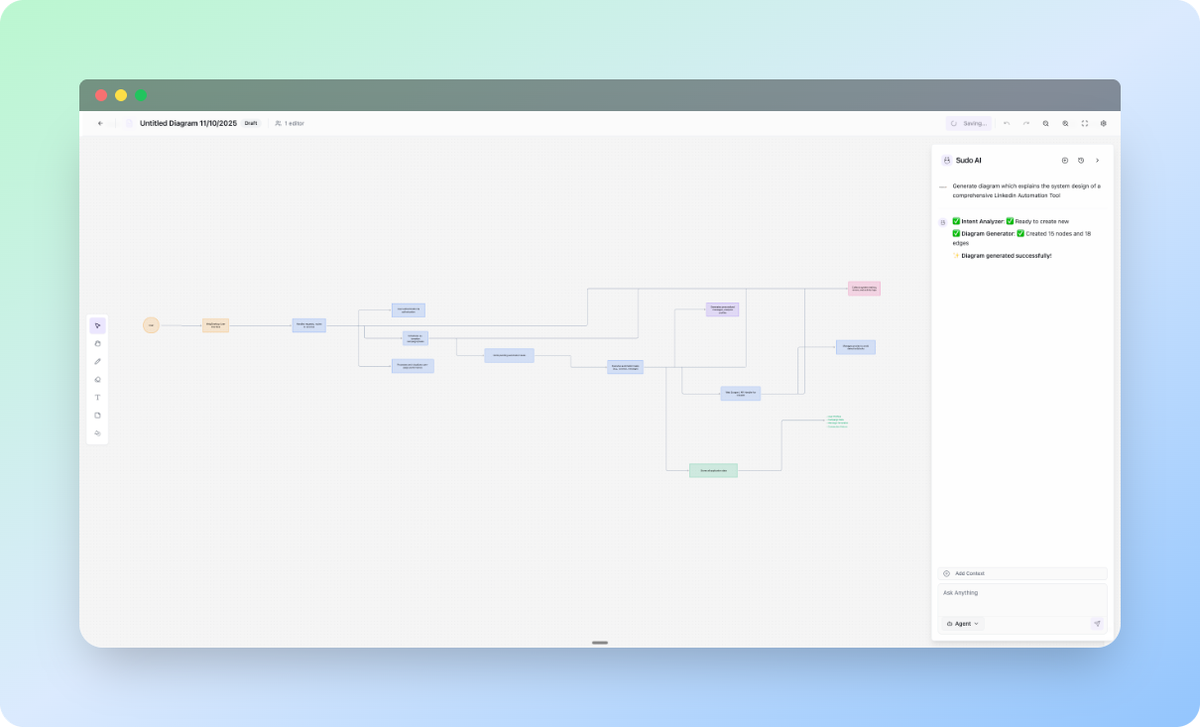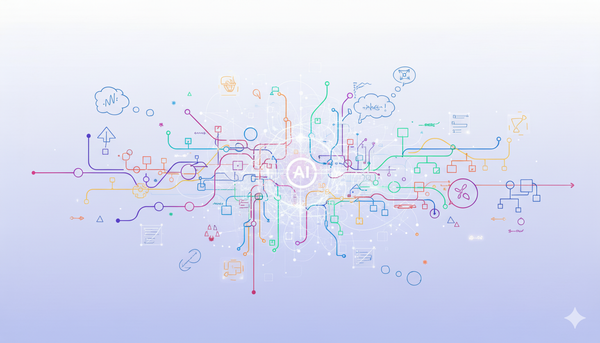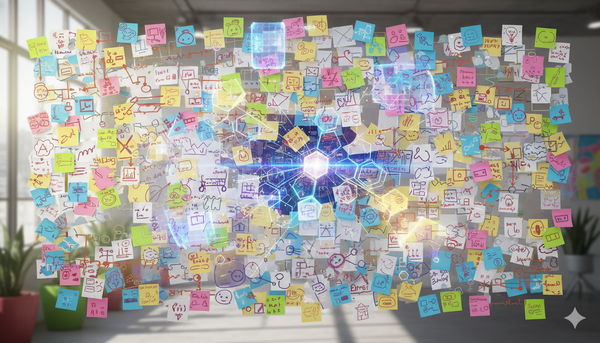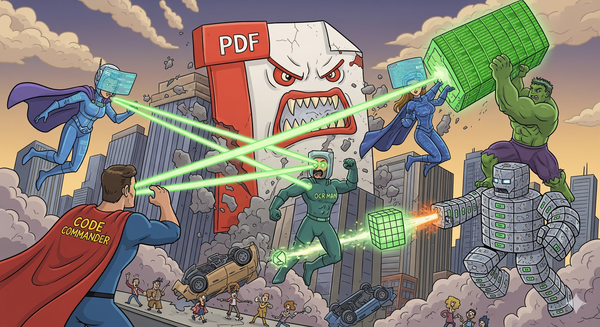Sudosu Release Notes — v0.1.15

Date: October 11, 2025
Release Type: Major Frontend Update (Diagram Layout, AI Agent Optimization, and UX Enhancements)
🚀 Overview
This release introduces a significant improvement in diagram generation and layout management. The AI agent now produces clean, structured, and readable diagrams by default — eliminating the cluttered layouts and random connections seen in earlier versions.
The update brings smoother usability, smarter auto-layouts, and better scalability for complex system designs.
✨
New & Improved Features
🧩
1. Smart Diagram Layout (Left-to-Right Flow)
- Diagrams now follow a consistent left-to-right hierarchy, ensuring logical flow of information.
- Nodes are automatically spaced evenly to maintain visual clarity and avoid overlapping.
🔗
2. Orthogonal Edge Routing
- Replaced the previous Bezier edges with orthogonal connectors, giving diagrams a more structured and professional appearance.
- Automatically avoids crossing through nodes for improved readability.
🧭
3. Directional Flow Control
- All edges are now directionally consistent, maintaining clear data and process flow.
- Eliminated random non-directional or disconnected edges.
📏
4. Auto Node Resizing
- Nodes dynamically resize based on content length, preventing text overflow and ensuring perfect alignment.
- Works across all node types (text, shapes, sticky notes, code nodes, etc.)
⚙️
5. AI Agent Optimization
- Improved layout planning logic for the diagram generator agent.
- Added spatial intelligence to auto-balance diagram density and minimize edge overlap.
- Enhanced validation phase to ensure no misplaced or unconnected nodes are generated.
🎨
6. Visual Enhancements
- Refined node color palette for better contrast and quick differentiation.
- Polished edge thickness and arrowhead consistency for a clean aesthetic.
- Improved rendering performance for large diagrams.
💾
7. Reliability & Performance
- Optimized node rendering for faster generation (up to 40% faster on large diagrams).
- Fixed edge misalignment during zoom or pan operations.
- Reduced layout recalculation lag by caching common edge routes.



